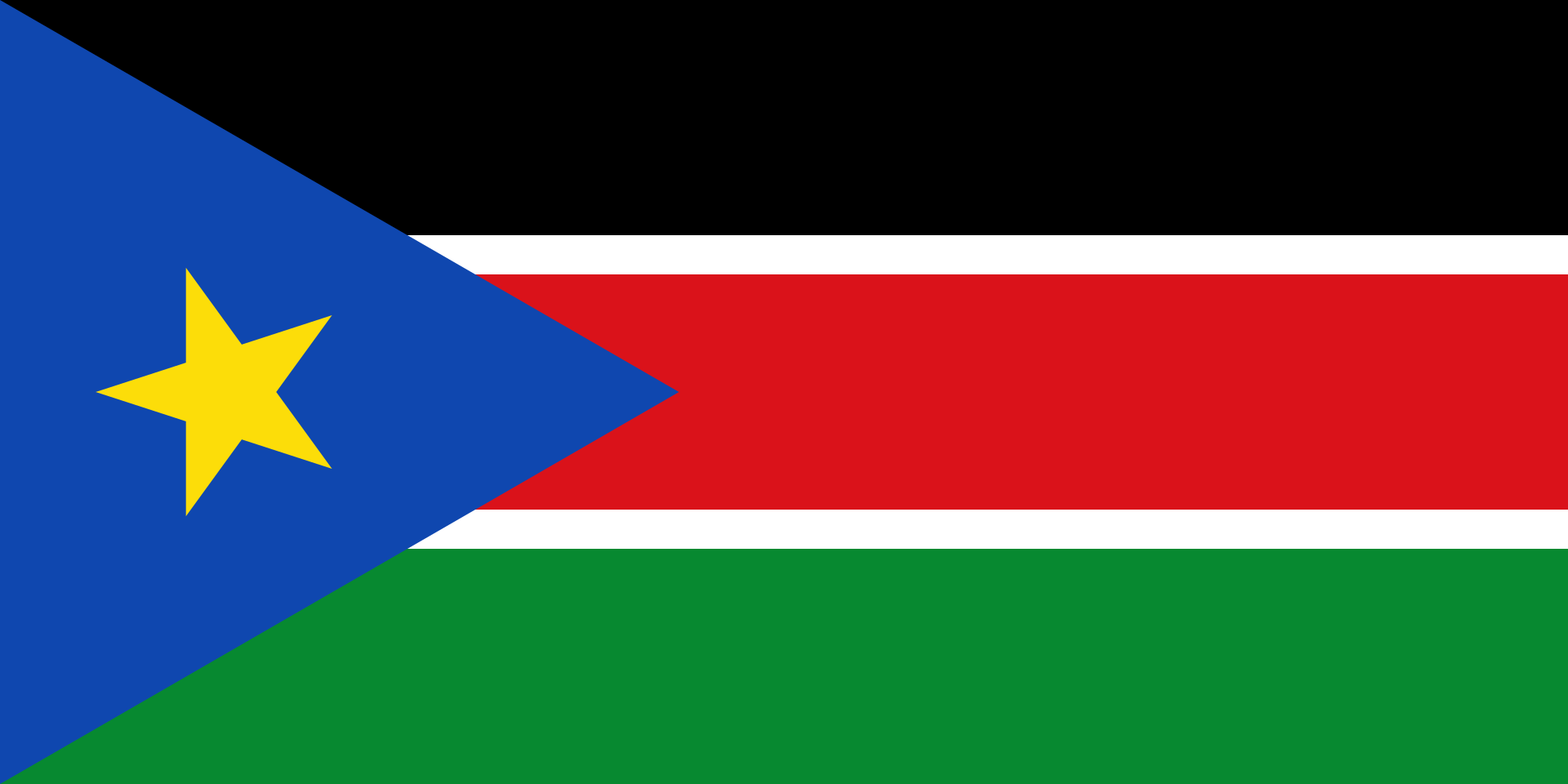A new report by a UN Panel of Experts on South Sudan says Juba has breached an arms embargo imposed on it in 2018 after it appeared to have recently procured new armoured personnel carriers.
The report seen by Radio Tamazuj reveals that at least 10 armoured personnel carriers, distinct in both design and colour from those purchased in violation of the arms embargo in late 2021 or early 2022, were flagged off by President Salva Kiir for a regional peacekeeping mission to the Democratic Republic of Congo.
“They are also distinct from those known to have been purchased by the South Sudan People’s Defense Forces before the imposition of the arms embargo by the Security Council with a resolution,” the report said.
According to the UN Panel, a commercially available vehicle that matches those observed in South Sudan and is often marketed as the Titan-S, a highly modified and armoured version of a commercially available civilian vehicle, was identified.
‘‘As several companies appear to sell the vehicle in question, however, the Panel has not been able to confirm the supply chain by which the vehicles entered South Sudan,” the report said.
“The Panel did not receive responses to its request for assistance from three relevant Member States. No inspection reports have been submitted by Member States further to paragraphs 7 to 10 of resolution 2428 (2018) since its adoption and subsequent renewals,” it added.
The UN Panel has urged the international community to take action against those who are responsible for the breaches of the arms embargo.
A supplementary budget of $6.69 million was allocated to the deployment of the South Sudan People’s Defence Forces contingent to the East African Community forces.
“Original South Sudan People’s Defence Forces documents reviewed by the Panel indicate that troops deployed as part of the mission are being paid in line with current South Sudan People’s Defence Forces salary scales. As such, salaries likely account for only a fraction of the allocated funds. South Sudan People’s Defence Forces officials have stated that funds were mostly allocated to “equipment,” the report noted.
Military Spokesman Major General Lul Ruai could not immediately be reached for comment.
In 2018, the UN Security Council imposed an arms embargo on South Sudan to end a prevailing civil war at that time.
The government of South Sudan has, over the years, been lobbying members of the UN Security Council to have the embargo lifted.
The UN expert report also noted that continued delay by South Sudan authorities to implement provisions of the 2018 peace agreement could plunge the country into further chaos. - Radio Tamazuj






